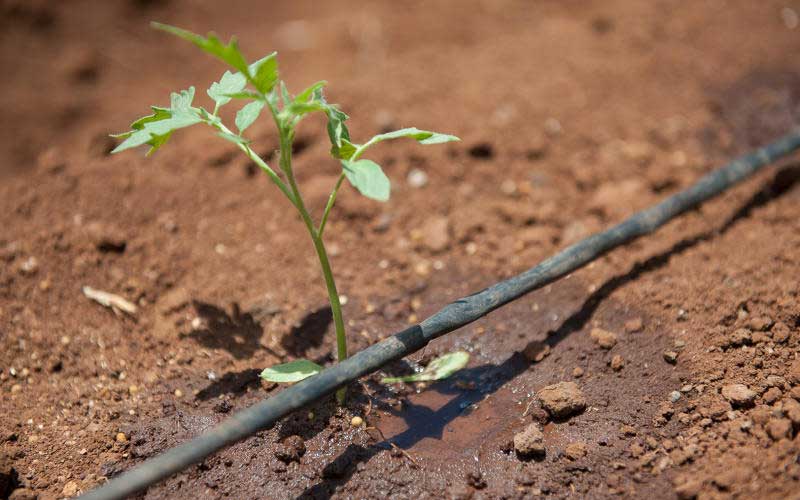×
The Standard e-Paper
Kenya’s Boldest Voice

Agriculture is a crucial component of any nation. This is the reason President Uhuru Kenyatta has placed food security as one of the Big Four Agenda. Kenya is a rich country with vast lands that are mostly arable. Moreover, even in the arid and semi-arid areas, the situation is not as grim as in desert lands like in Israel and in other arid nations.